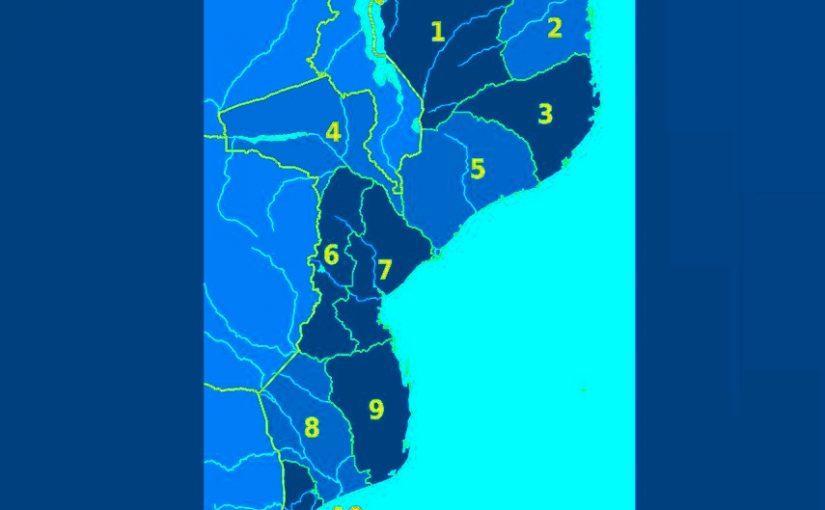Africa-Press – Mozambique. The Mozambican government is reviewing legislation to reduce the powers of provincial Secretaries of State to avoid duplication of administrative and management functions.
“This review aims precisely to streamline the package and all laws in line with this. The Secretary of State’s machinery could be reduced,” said Cândida Maloane, National Director of Local Administration, in Maputo.
Director Maloane said that the process would be adjusted “to ensure that there is a state representative at the provincial level” and to avoid “a cumbersome administrative machinery competing with the executive bodies”.
According to the director, another sensitive point under analysis is the redefinition of the budgetary management powers and financial autonomy of the provincial executive councils.
“The governor is an executive body, and its specific financial framework has not yet been established. In terms of their own revenues, what formula defines the transfer of the state budget to these bodies,” the director explained.
Maloane added that, although the annual budget approved by the Assembly of the Republic of Mozambique has a chapter for municipalities, the same does not apply to decentralized government bodies.
“We haven’t found anything that belongs to decentralized government bodies, in the sense that they themselves decide how to use it,” she said.
Reform of the decentralized governance system
Regarding this issue, the Minister of State Administration and Public Service, Inocêncio Impissa, emphasized that the success of this decentralization process depends, among other aspects, on coordination between different sectors of government.
“To this end, each level of government, without prejudice to its own responsibilities and competencies, must work in synergy with the others to effectively respond to the challenges of local and national development,” Minister Impissa stated.
On July 23, the Centre for Public Integrity (CIP), a Mozambican civil society organization, proposed two models for reforming the decentralized governance system, aiming to overcome flaws identified in the first cycle (2020-2024). The first model suggests “significant improvements” with adjustments and refinements to the structure to correct current dysfunctions, without radical restructuring.
The second model suggests changes in the way power and resources are distributed, aiming for a “more complete transformation” and resolution of the “identified systemic problems”.
The Commission for Reflection on the Decentralization Model (CREMOD) submitted its final report to the Mozambican government a few days ago. Although not public, it is known to propose four models of decentralized governance.
For More News And Analysis About Mozambique Follow Africa-Press






